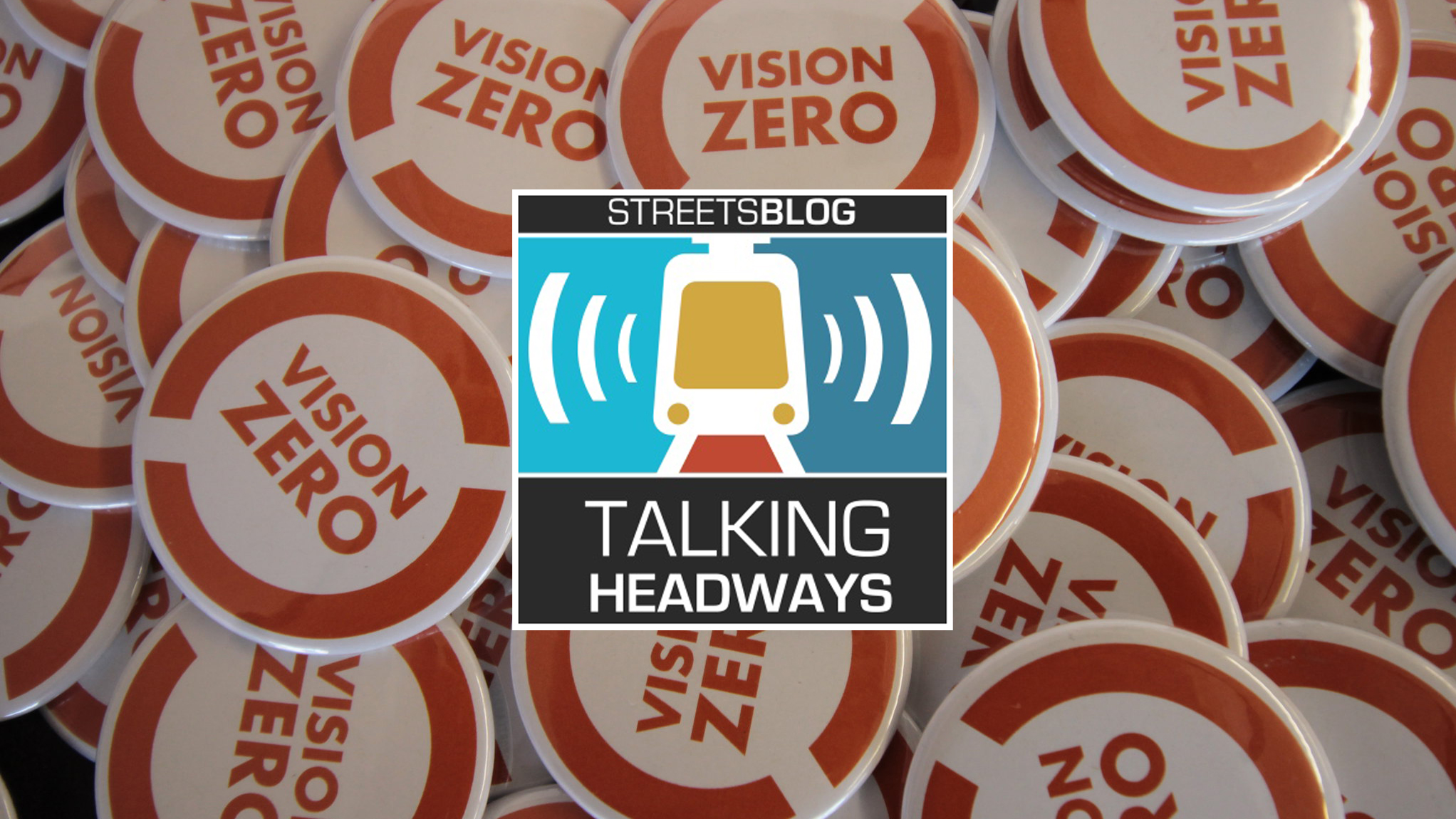This week we’re joined by Leah Shahum, Founder and Executive Director of the Vision Zero Network. We chat about why it’s so hard to make change, the implicit biases around designing for automobiles and the World Day of Remembrance for Road Traffic Victims coming up on Nov. 17.
Scroll down below the audio player for an edited excerpt of our conversation, or click here for an unedited, AI-generated transcript of the entire conversation.
Jeff Wood: Why is the political will so hard? I feel like traffic deaths have for several years have been over 40,000 a year. Obviously, that's not just pedestrians and cyclists, but it is an overall kind of safety crisis that we're having in the United States. And it seems like there are a lot of places that are doing really great things, like you mentioned, but there's also a lot of hard puzzles to solve because of the political will. And I'm wondering what causes that. Is it just because of the auto-centricity of it all? Is it because of the fear of change? Or is it something deeper?
Leah Shahum: Great question. I feel like this is the million dollar question, right? I think, for me, there's two sides of it — with any issue, there's going to be that fear of change piece, right? Going back to that smoking example of someone to look back now and be like, oh, is it going to be good for humanity if we curb smoking in these places?
One would, say, of course, do that. But back then it was quite a fight, right? For decades and decades. There is fear of change for, sometimes, maybe legit reasons, sometimes more fear perception. Then I think, for this issue, particularly, there is such a resigned complacency, partly because it's not just, "Wow, we're so auto-dominated," but, like, so many systems and so much of our environment has been pounded into our heads — I would say pretty implicitly. There's explicit [and] implicit, right? But a lot of implicit messages about, “This is the norm,” and not only, "This is the norm that everyone needs to get around in a car," but then you look outside and you're like that is actually what the physical environment is telling me because it's terrifying to cross the street on foot, or I don't have a transit option.
So it's explicit, too. Not only is it normal to drive everywhere, but that is actually what the physical environment and your situation is lending you. And then there's just this sense of — this is always how it's been. And it's always how it's going to be. And it can't change.
I think some of that is through various levels of kind of advertising, etc. — it goes way, way back. If people have not read or heard of Peter Norton, a fantastic historian, researcher, author, professor who does a great job talking about things like, how did this idea of jaywalking evolve? Even that term is very, derogatory, but we all say it. These things like "crash not accident" that comes to my mind for the Vision Zero world — I grew up saying accident. Of course we do. We all have, right? And you listen to a news report, "Oh, there was an accident on Main Street and a driver hit and killed a person walking with dark clothes on." I'm just going to make that up — or biking without a helmet. And you roll that back and you go, "Wait a minute. How did we get here?" It's not that we're all bad people trying to victim-blame. It's not conscious like that. And even for the way the roads are designed today, it's not that, I think, traffic engineers set out to consciously create unsafe conditions.
Of course not right? People care about safety and health, etc. But there really been some very historic and systemic decisions made and kept in place that really make us, just, everyday people, I think, really resigned to and complacent that this is the norm that people die sometimes when you have an advanced society like this, right? People are going to die on the road.
That doesn't have to be the case. So how do we shake that up is the number one question, because again, we know how to fix it. For the most part, we have [the] tools. How do we shake ourselves out of this complacency?






